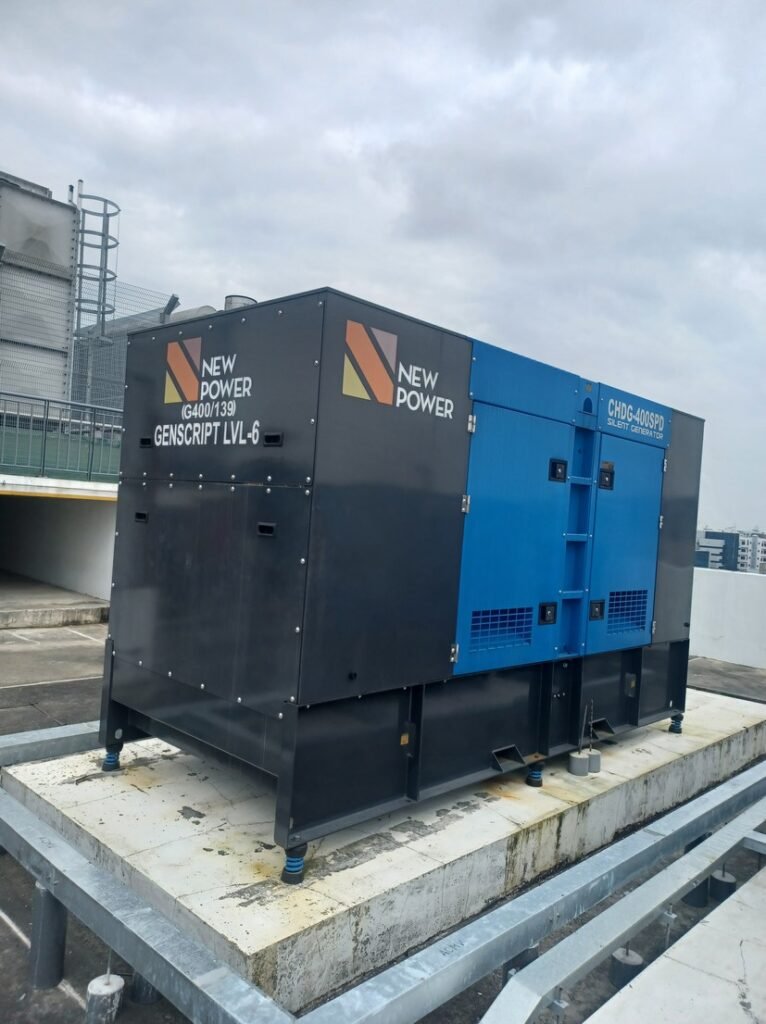Proper maintenance is critical for the reliable and efficient operation of your standby generator. Neglecting maintenance can lead to issues such as reduced performance, fuel inefficiency, and even engine damage. Therefore, it’s important to follow a regular maintenance schedule to ensure that your generator is always ready to perform in the event of a power outage or emergency.

One of the key aspects of generator maintenance is checking the oil and changing it regularly. The engine oil is responsible for lubricating and protecting the engine, so it’s important to keep it at the proper level and replace it as recommended by the manufacturer. Similarly, air and fuel filters should also be replaced on a regular basis to ensure that the engine is receiving clean air and fuel.
In addition to checking and changing fluids and filters, it’s important to keep an eye on other components of your generator. This includes the battery, which should be tested regularly to ensure that it is holding a charge and in good working condition. Hoses, fuel lines, and electrical connections should also be inspected for signs of wear or damage, and any damaged parts should be replaced immediately.
Running your generator regularly is also an important part of maintenance. This helps keep the engine in good working condition and prevents parts from seizing up. It’s also a good idea to keep your generator clean and free of debris, as this can help prevent damage to the engine and ensure optimal performance.
Finally, it’s important to follow the manufacturer’s guidelines for maintenance and service. This includes recommended intervals for oil changes, filter replacements, and other maintenance tasks. It’s also a good idea to have a professional generator technician perform a thorough inspection and service at least once a year. This can help catch any potential issues before they become serious problems and ensure that your generator is in optimal condition.

